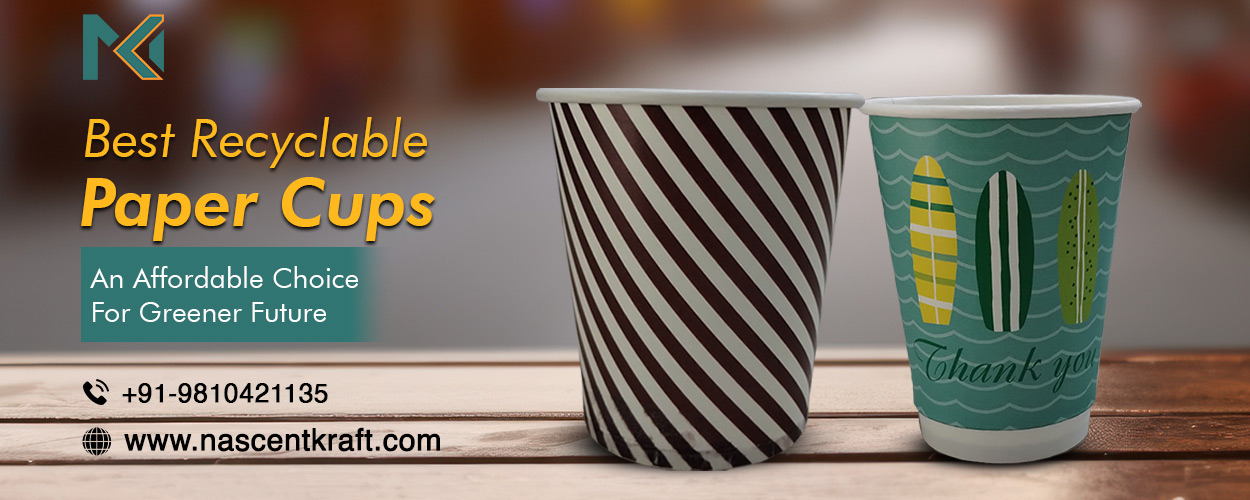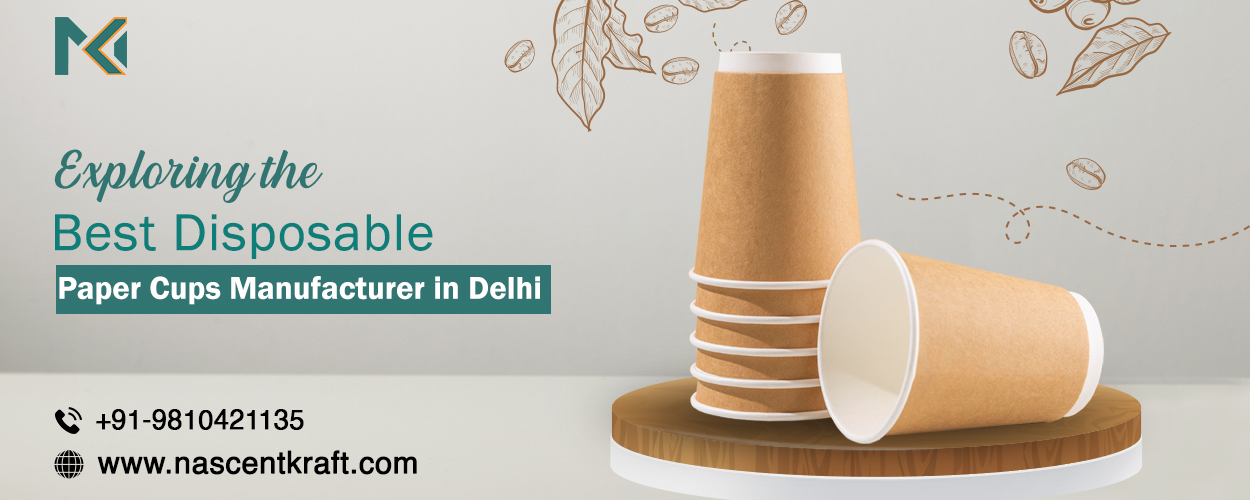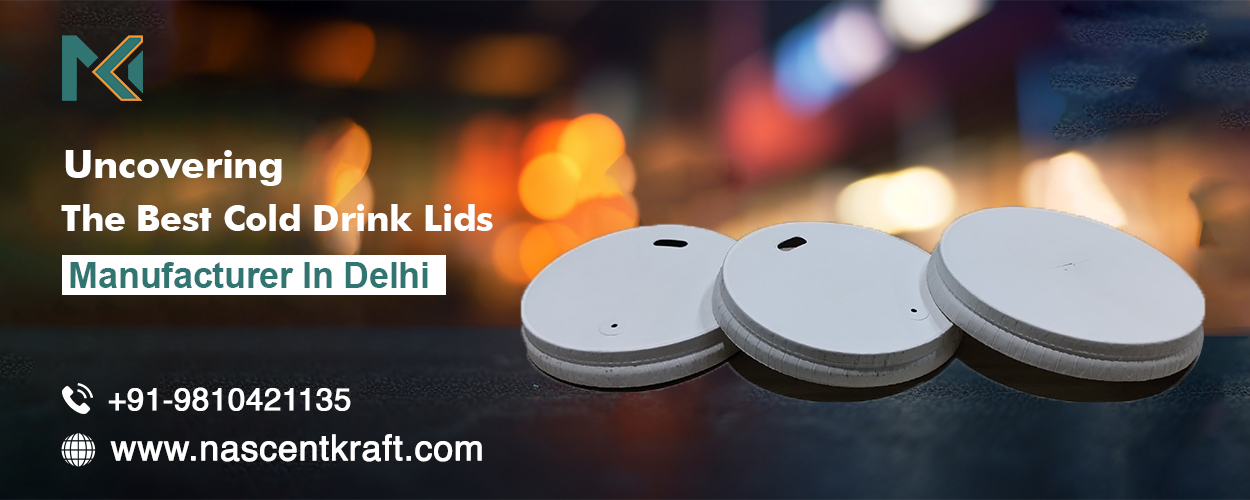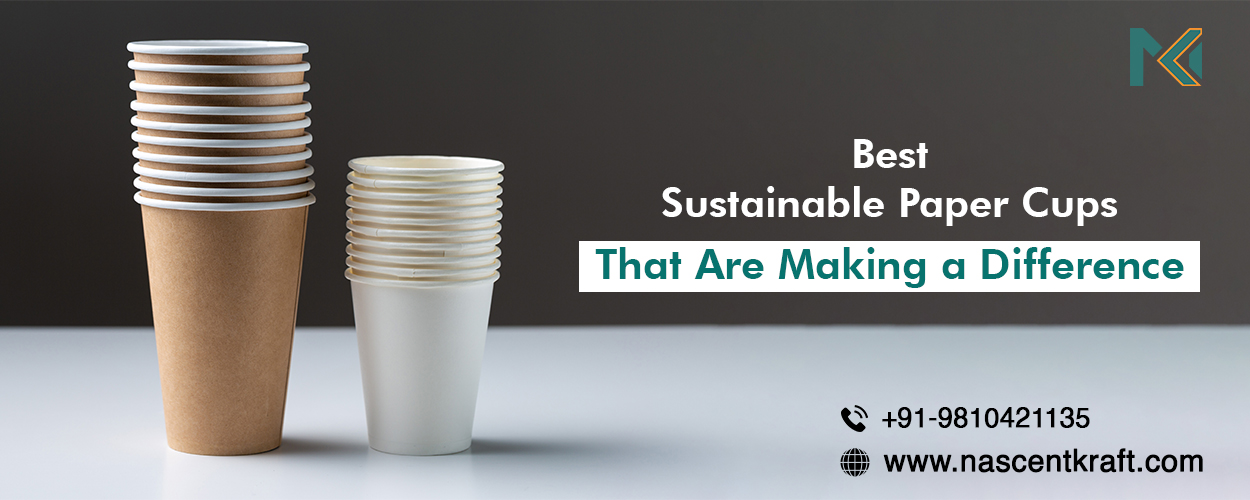In the pursuit of a sustainable future, every choice we make counts. In the modern era, where environmental consciousness is at an all-time high, even the seemingly mundane decision of choosing a beverage container holds immense significance. As we navigate the complexities of consumerism, the focus has shifted towards eco-friendly alternatives, prompting a reevaluation of our daily habits. Among these choices, the recyclable paper cups emerges as a symbol of progress, offering a compelling solution to the environmental challenges posed by single-use plastics.
The shift towards recyclable paper cups signifies more than just a change in materials; it embodies a shift in mindset—a recognition of our collective responsibility to safeguard the planet for future generations. In this blog, we delve into the significance of recyclable paper cups in 2024, exploring the underlying problems with single-use plastic cups, the rise of sustainable alternatives, and the challenges and solutions associated with this transition. Furthermore, we’ll contemplate the future of sustainable packaging and highlight the efforts of pioneering companies like Nascent Kraft in championing this cause.
The Problem with Single-Use Plastic Cups
The proliferation of single-use plastic cups has led to a pervasive environmental crisis, with dire consequences for ecosystems worldwide. These cups, ubiquitous in our daily lives, contribute significantly to plastic pollution, clogging waterways, harming marine life, and contaminating the very environment upon which we depend. Despite efforts to promote recycling, the reality remains stark: a significant portion of these cups end up in landfills or the ocean, where they persist for centuries, releasing harmful toxins along the way.
Moreover, the production of plastic cups takes a heavy toll on finite resources and exacerbates climate change through the emission of greenhouse gases. From extraction to manufacturing to disposal, each stage of the plastic cup lifecycle perpetuates environmental degradation, perpetuating a vicious cycle of consumption and waste. As awareness of these issues grows, consumers, businesses, and policymakers alike are increasingly recognizing the urgent need for sustainable alternatives.
Challenges and Solutions
Despite the promise of recyclable paper cups, their widespread adoption faces several challenges, ranging from consumer behavior to infrastructure limitations. One primary concern is the misconception that paper cups are inherently less sustainable than reusable alternatives. While it’s true that reusable cups offer a more environmentally friendly option for frequent use, paper cups provide a crucial solution for on-the-go consumption scenarios where reusables may not be practical or accessible.
Another challenge lies in the recycling infrastructure, which varies significantly from region to region. In many areas, the lack of specialized facilities and infrastructure for processing paper cups hinders their recyclability, leading to confusion among consumers and discouraging proper disposal practices. To overcome these barriers, collaborative efforts are needed to invest in recycling infrastructure, raise awareness about proper disposal methods, and promote the adoption of recyclable paper cups as a sustainable choice.
Looking Ahead: The Future of Sustainable Packaging with Recyclable Paper Cups
As we look to the future, the trajectory of sustainable packaging appears promising yet multifaceted. While recyclable paper cups represent a significant step forward, true sustainability requires a holistic approach that encompasses product design, material innovation, and waste management strategies. From biodegradable alternatives to compostable materials, ongoing research and development efforts aim to push the boundaries of what’s possible in sustainable packaging.
Moreover, consumer demand and regulatory pressures are driving companies to integrate sustainability into their business models, leading to a proliferation of eco-friendly initiatives and commitments. From reducing plastic usage to embracing circular economy principles, businesses across industries are reimagining their role in shaping a more sustainable future. By fostering collaboration and innovation, we can accelerate the transition toward a circular economy where waste is minimized, resources are conserved, and ecosystems are preserved for generations to come.
Get The Best Recyclable Paper Cups – Nascent Kraft
In the quest for sustainable packaging solutions, companies like Nascent Kraft are leading the charge by offering high-quality recyclable paper cups that prioritize both performance and the planet. With a commitment to sustainability ingrained in its ethos, it leverages cutting-edge technology and responsible sourcing practices to deliver products that meet the highest environmental standards.
From its innovative designs to its dedication to transparency and accountability, Nascent Kraft sets the benchmark for sustainable packaging solutions in 2024 and beyond. By partnering with like-minded businesses and empowering consumers to make green choices, it is driving positive change across the industry, By working together, we can change things and open the door to a more sustainable future.
Conclusion
In conclusion, the significance of recyclable paper cups in 2024 extends far beyond their material composition; they embody a shift towards a more sustainable and conscientious approach to consumption. By addressing the inherent problems with single-use plastic cups, embracing recyclable alternatives, and overcoming the associated challenges, we can pave the way for a greener future.
As we look ahead, the journey toward sustainable packaging is characterized by collaboration, innovation, and a shared commitment to preserving the planet for future generations. With companies like Nascent Kraft leading the charge, the transition to recyclable paper cups signifies not only a choice but a statement—a statement of our dedication to making a positive impact on the world around us.




